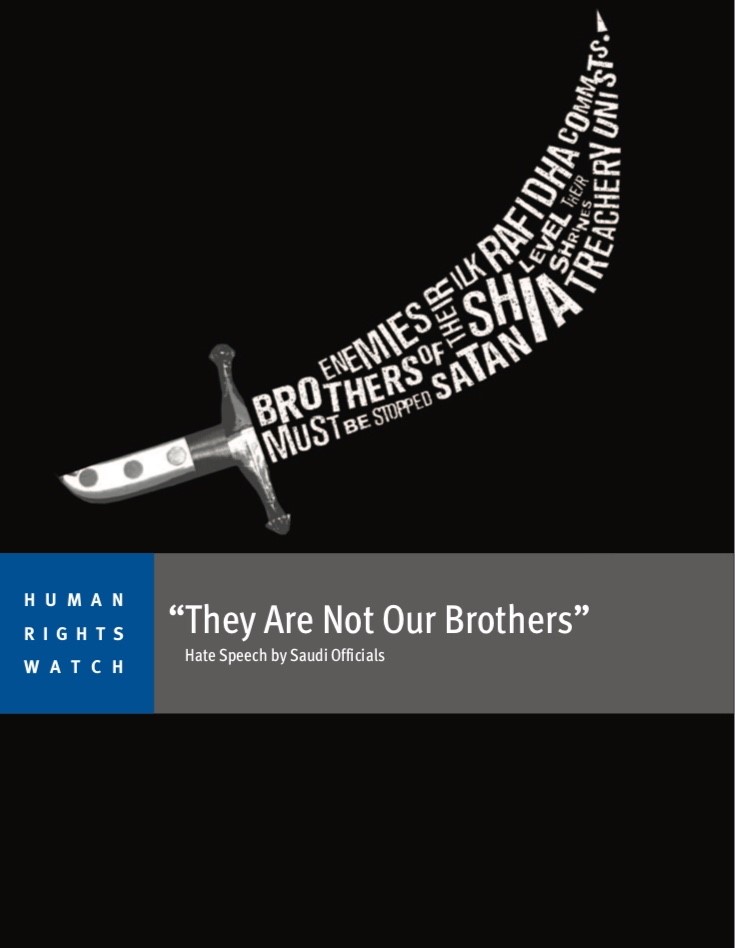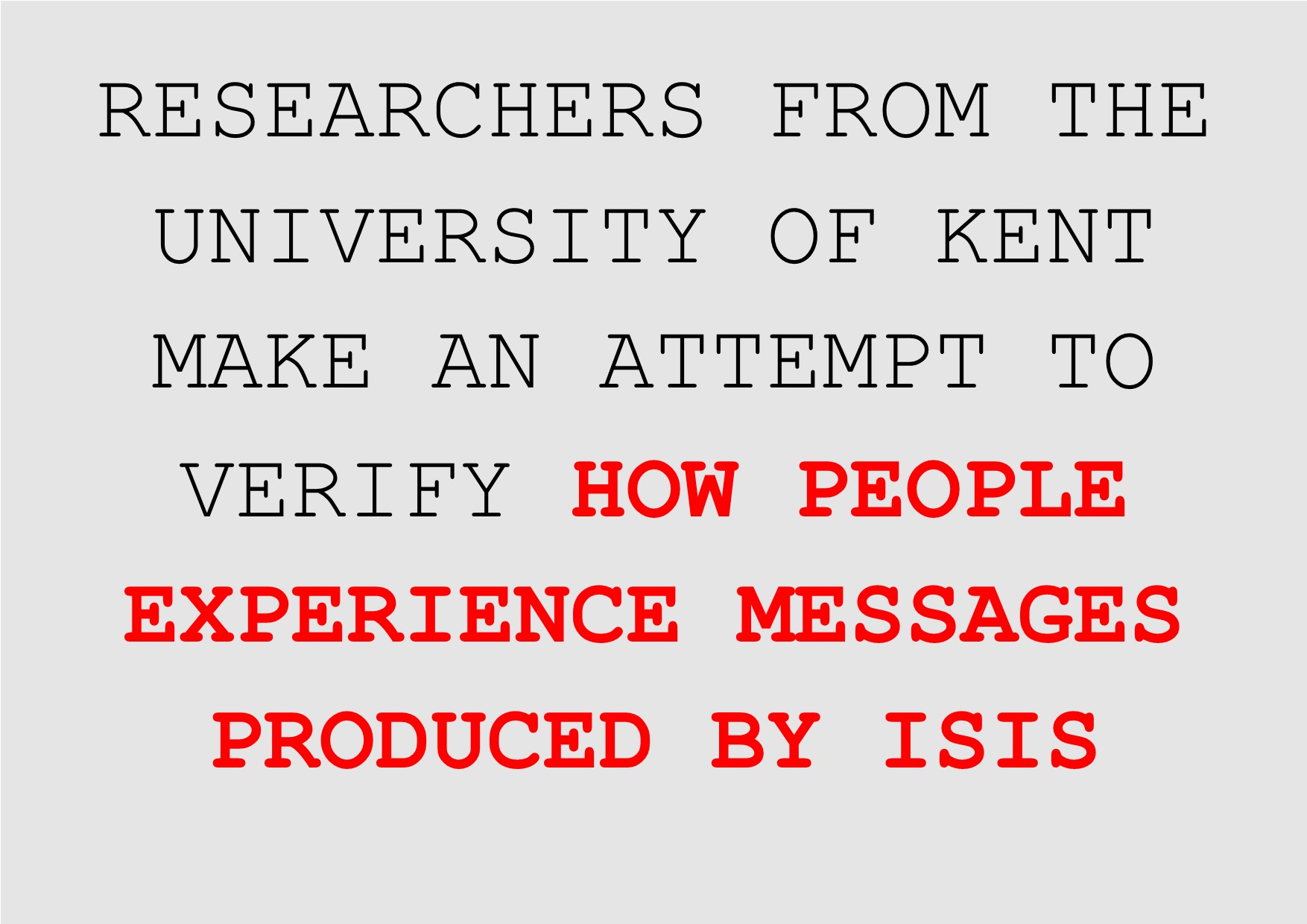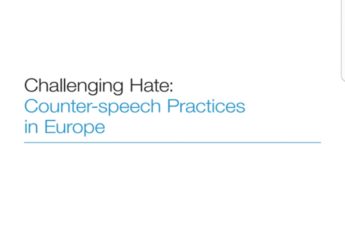
A report by Human Rights Watch released on September 27 draws attention to the Saudi government’s silent consent to anti-Shia hate speech and intolerant practices by State officials. According to the document, Members of the Council of Senior Religious Scholars — the highest office of clerics in Saudi Arabia, followers of Al-Wahhab Salafism and directly related to the State — often mention Shi´ite creed in derogatory terms, discriminate its followers and induce Sunni to segregate them. Some of the rules set by the Council are: prohibition of marriage between Sunni and non-Sunni citizens and of manifestations of Shia’s faith anywhere but Shia-majority regions. Shia also face intolerance in the judicial system, as it is formed almost entirely by Sunni people, and in the educational system, mastered by Al-Wahhab’s doctrines — which condemns all others.
The report presents many cases of Shia who were punished due to their faith. In July 2015, a female nurse was suspended from her work for one day (without payment) because her mobile phone ringtone was the Shia call to prayer. In the same year, a 43-year-old woman and mother of seven children was sentenced to three months in jail and 120 lashes for whispering Shia slogans in the prophet’s mosque, in Medina. In 2014, Mikhlif al-Shammari — the Eastern Province representative of a large Sunni clan in Najd and known for seeking better relations between Sunni and Shia — was sentenced to two years in prison and 200 lashes for having visited a prominent Shia family in 2013. In December 2016, 32 men were taken to Saudi Specialized Criminal Court accused of being spying for Iran; following a controversial trial, 30 were convicted, 15 sentenced to death and 15 to 25 years in jail. (Iran and Saudi Arabia broke diplomatic relationships after Iranian protesters sacked the Saudi embassy in Tehran — a retaliation for the death of Nimr al-Nimr, the well-known Shia cleric accused by that same court for being part of Shia protests in 2011-2012.)
The only Shia mosque in a major urban area, in Imam, was bombed by Daesh (the self-nominated Islamic State) on May 29, 2015; four men were killed. According to Human Rights Watch, Daesh frequently reproduces Saudi authorities’ radical view of non-Sunni as a justification for such attacks. In some fatwas (Islamic religious rules), members of the Council of Senior Religious Scholars refer to Shia as rafidha and rawafidh — “rejectionists” — and, occasionally, as mushrikeen — equivalent to “polytheists”. In one fatwa, responding to a question on how to interact with rafidha, the prominent Sheikh Abdullah bin Abd al-Rahman al-Jabreen determines: “It is not permissible to encourage them, congratulate them on their holidays, or purchase their goods or from their businesses…” — and the list of restrictions goes on. During a recorded session with Sheikh Saleh bin Fawzan al-Fawzan, a current member of the Council of Senior Religious Scholars, he is asked whether it is permissible to call rafidha and Shia “our brothers”. He answered:
They are not our brothers… Rather they are brothers of Satan
Why does it happen?
Radical Sunni creed controls the Saudi religious state since the pact of 1744 between leader Al-Wahhab and Al Saud family, for which political power was granted in exchange of the consolidation of the theology. Al-Wahhab professed the recovery of rules and habits of the first generations of Muslims, the religious fundament of current Salafism (from Arabic Salaf, which refers to “the pious predecessors”). Branches of the Salafist movement are now the world’s deepest source of jihadist radicalisation.
The original disagreement between Sunni and Shia goes back to 632 A.D. when prophet Mohammed died without presenting a resolution on who should be his successor. Some of his followers found it proper to give the succession to Ali ibn Abi Talib, his son-in-law; they became known as Shia (from Shiat Ali, “Ali’s sect”). But the major fraction of Muslims contended that, as long as he is accepted by the community, any Muslim could be the leader. These people became known as Sunni — from Ahl al Sunna, equivalent to “people’s tradition” — and approved the election of Abu Bakr as Khalifa by the Majlis al-Shura (Counsellors’ Assembly, the group of most eminent Muslim devotees). The division has been intensified over the years. However, according to the report produced by HRW, mutual intolerance is not fuelled by both sides unanimously. Many Sunni and Shia urge authorities to promote dialogue between the two sides of Islam, which have some common beliefs.
The full report can be accessed here: https://www.hrw.org/report/2017/09/26/they-are-not-our-brothers/hate-speech-saudi-officials
by Rodrigo Gonçalves




